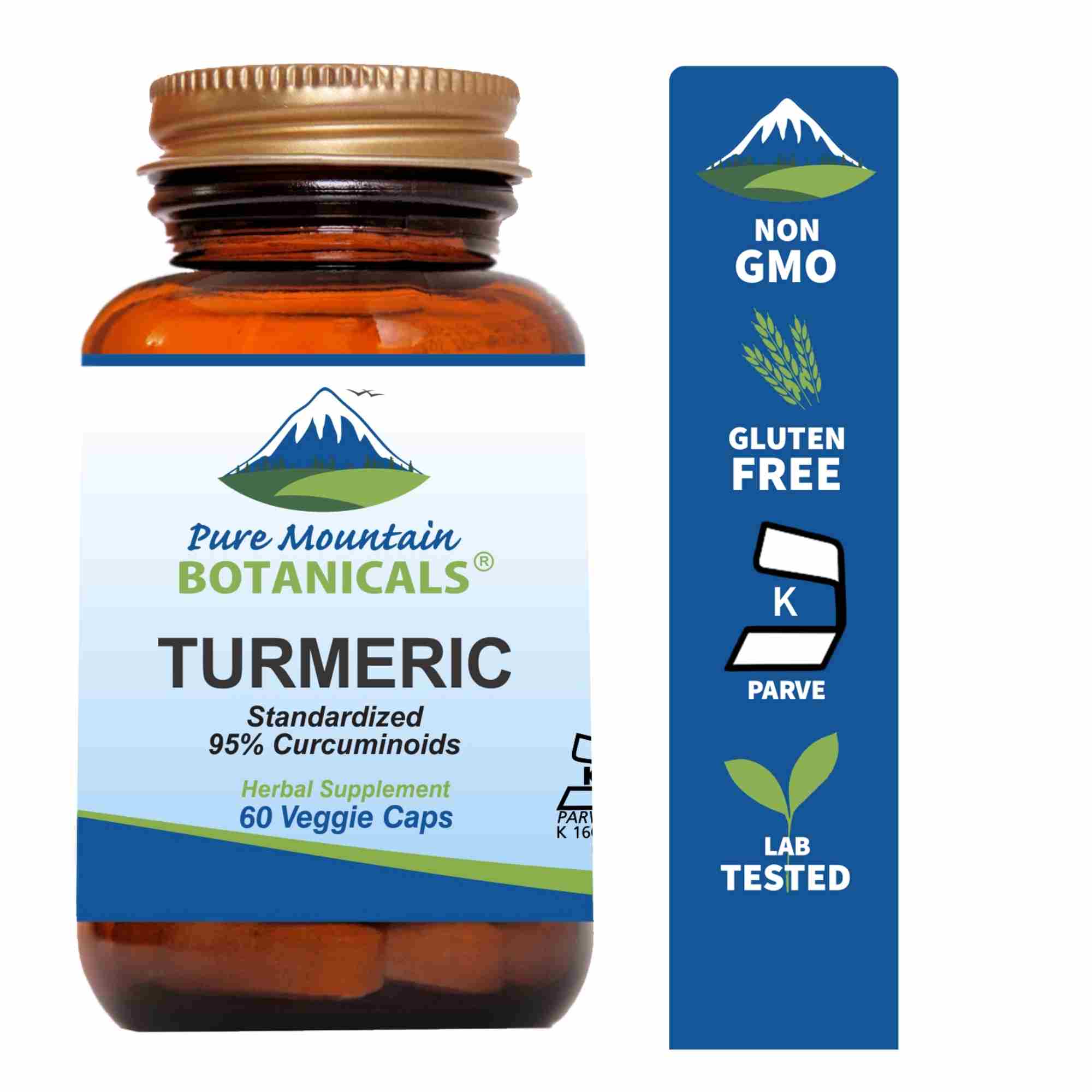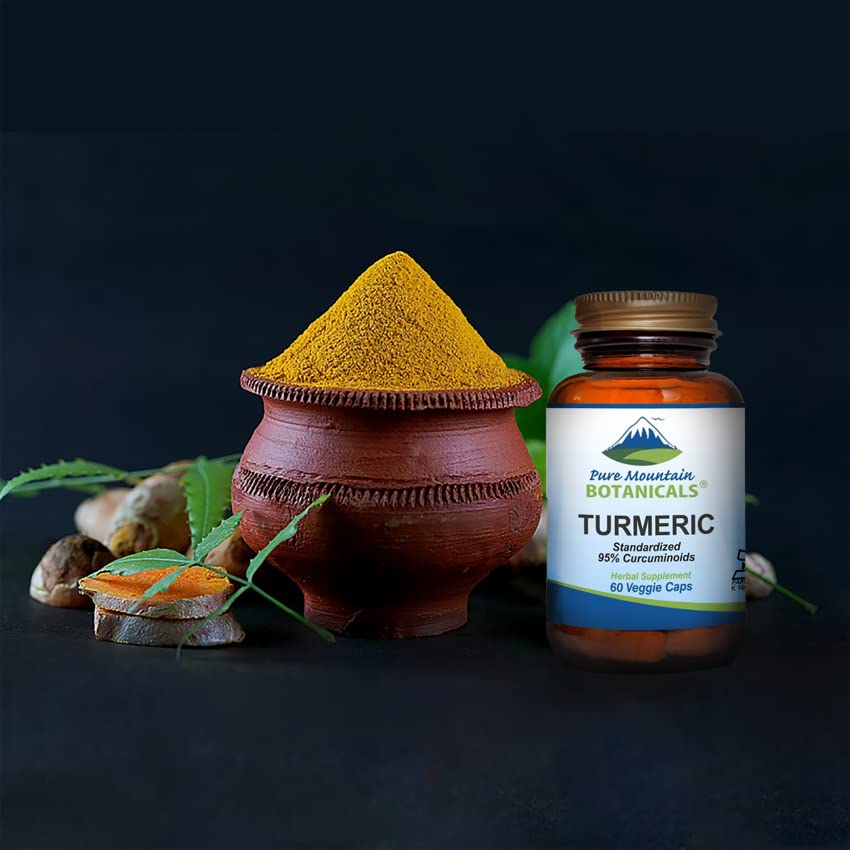turmeric capsules usp
What are the side effects of turmeric? Most people are comfortable taking curcumin supplements. Turmeric side effects can be mild and rare. There are some possible adverse reactions to turmeric that you should be aware.
Turmeric, a bright yellow spice is often used to add flavor and color to Asian cuisine. It has an earthy flavor and a mild ginger taste. Turmeric contains three naturally occurring phytochemicals called "curcuminoids", the most studied and well-studied being curcumin.


